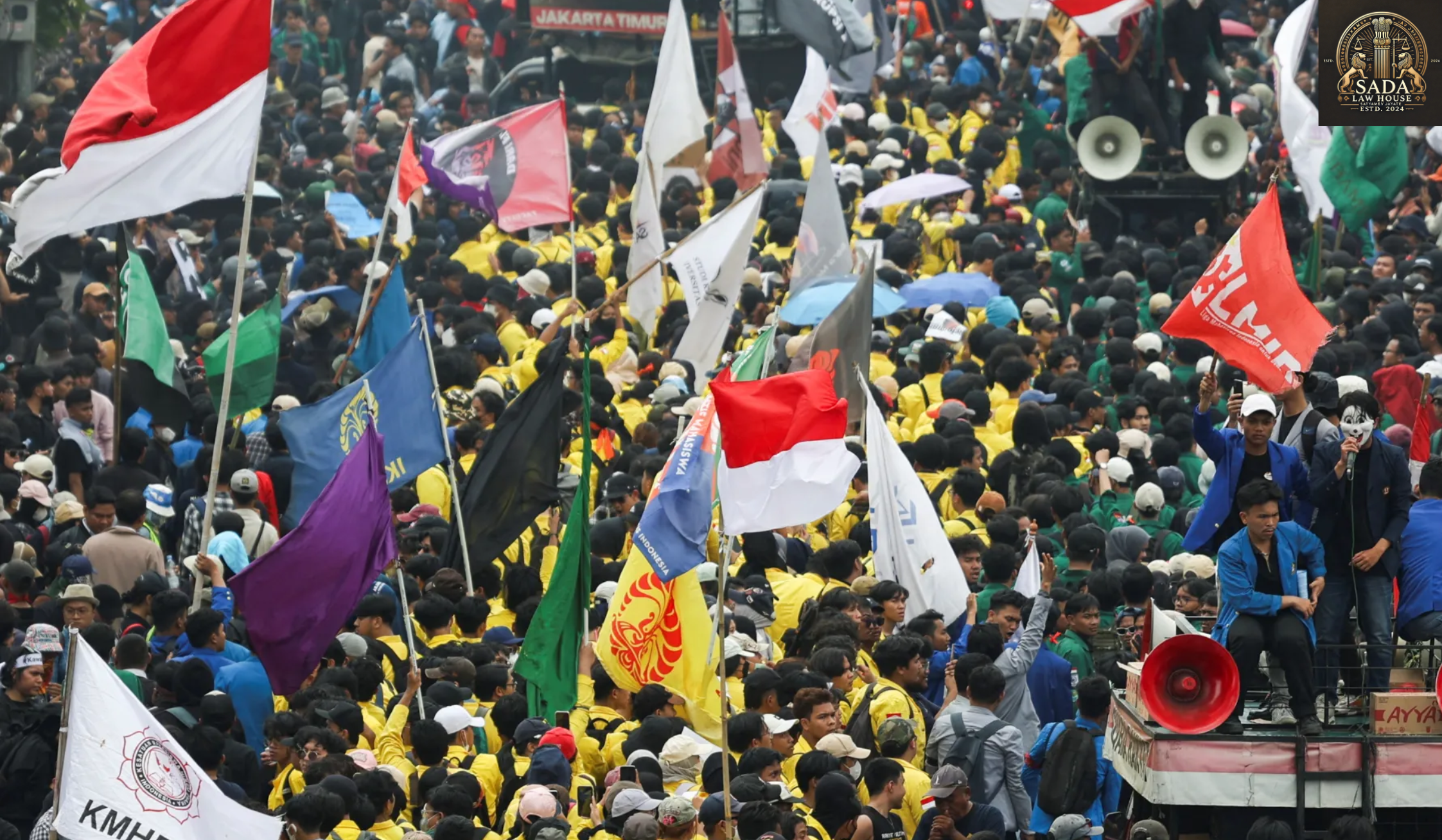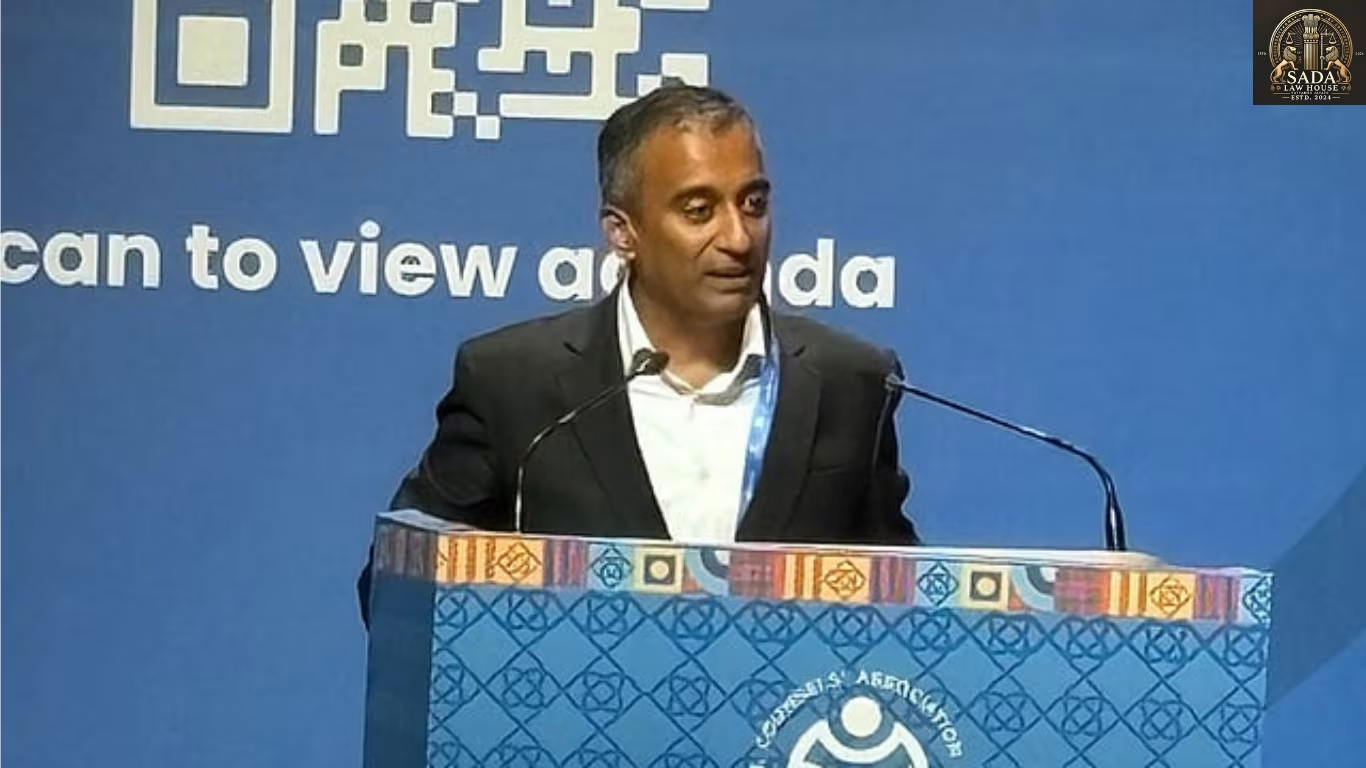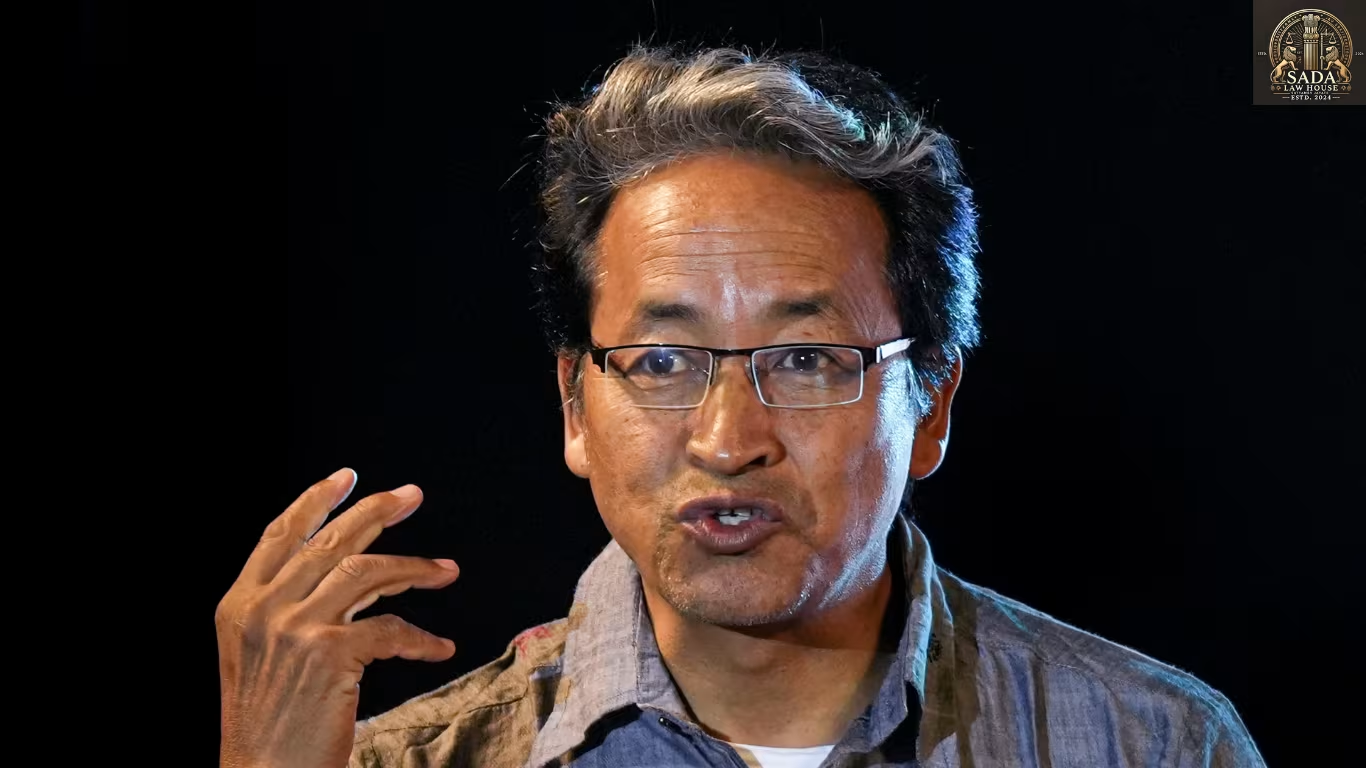China and Russia Tout “Global South” Security Order at SCO Summit in Tianjin
- Shristi Singh
- 1 September 2025

Introduction
At the two-day Shanghai Cooperation Organisation (SCO) summit in Tianjin, Chinese President Xi Jinping and Russian President Vladimir Putin jointly unveiled a blueprint for a “Regional Security-Economic Architecture” rooted in Global South solidarity. The move signals an attempt to position the SCO as a counterweight to the U.S.-led global order, stressing multipolar governance, infrastructure investment, and security cooperation.
Background & Context
The summit coincides with China’s upcoming Victory Day military parade, amplifying Sino-Russian camaraderie.
More than 20 heads of state from Central and South Asia attended, boosting Xi’s campaign for expanded Eastern leadership.
Beijing and Moscow framed Western-led structures as outdated and exclusionary, while presenting the SCO as inclusive and development-focused, particularly for emerging economies.
Key Developments at the Summit
Joint Security Vision: Xi and Putin declared the SCO’s role as a platform for shared defense and anti-Western alignment.
Non-Interference Doctrine: Xi stressed sovereignty and non-interference as cornerstones of the new order.
Counter to Sanctions: Putin claimed that Western sanctions and military alliances had only strengthened Eastern resolve.
Economic Initiatives: Pledges were made for SCO-led infrastructure projects, new trade corridors, and financing mechanisms that bypass IMF/World Bank channels.
Military Cooperation: Plans for expanded joint drills to deepen Eurasian defense partnerships.
Domestic & International Reactions
Global South Reception: Emerging economies welcomed the rhetoric, seeing it as a chance to reduce reliance on Western-backed institutions.
Western View: Analysts downplayed the SCO as more symbolic than functional, but acknowledged its growing narrative appeal.
Security Lens: Experts see Eurasian military coordination as a balancing act against U.S.-led alliances like NATO and AUKUS.
Analysis
Narrative Shift: The summit reinforces efforts to reframe global governance outside Western frameworks.
Strategic Significance: Pairing the SCO meeting with the military parade underscores a dual message of political vision backed by hard power.
Risks Ahead: Unless member states commit resources, SCO promises could remain rhetorical rather than transformative.
Conclusion
By staging a unified front in Tianjin, Xi and Putin advanced a Global South-centric vision of world order, challenging the U.S.-led system with an alternative rooted in sovereignty, security, and economic independence. While its long-term impact depends on follow-through by SCO members, the summit marked another step in the march toward a multipolar geopolitical landscape.






